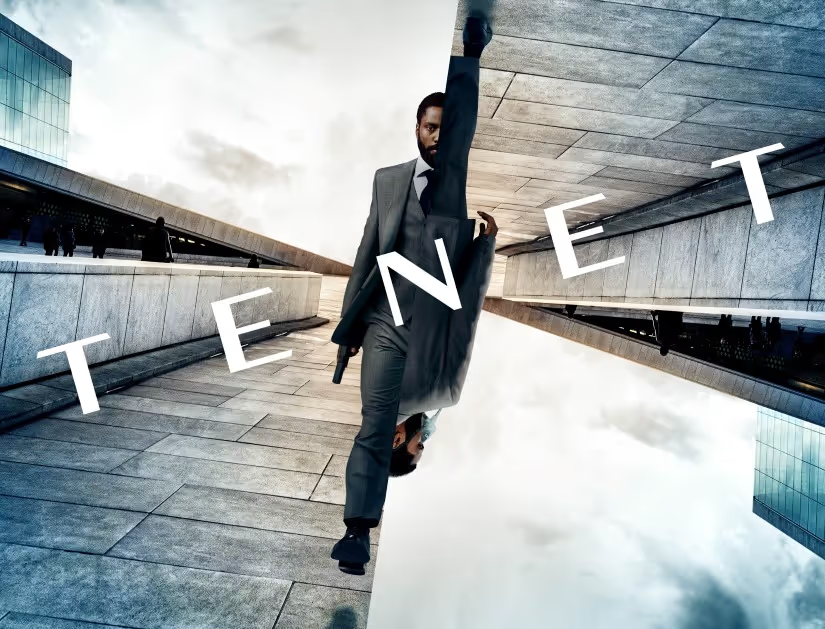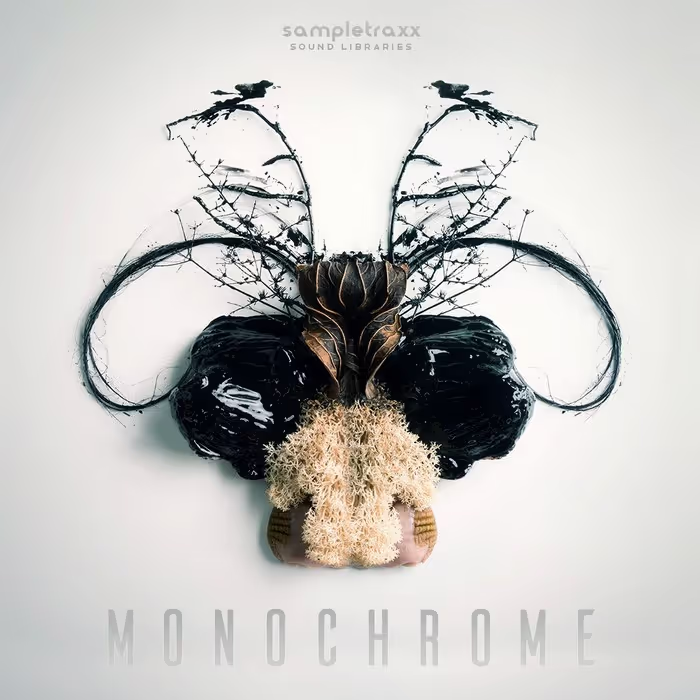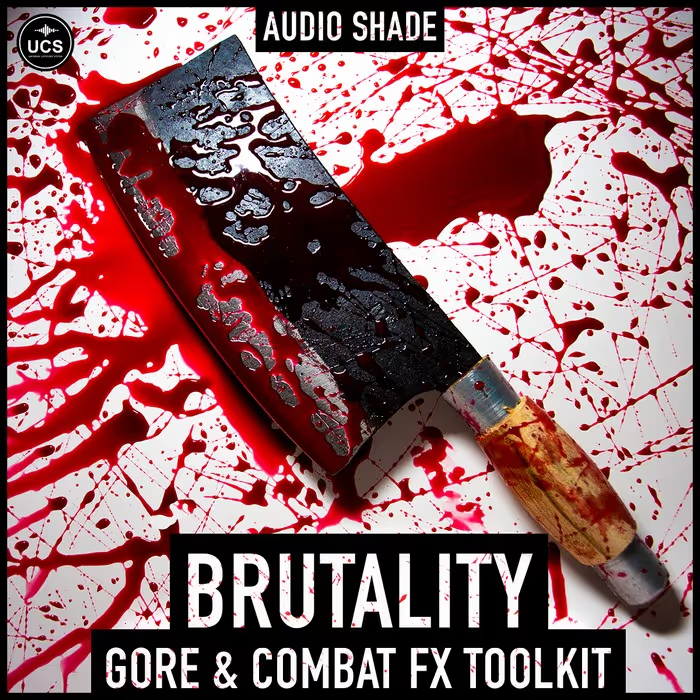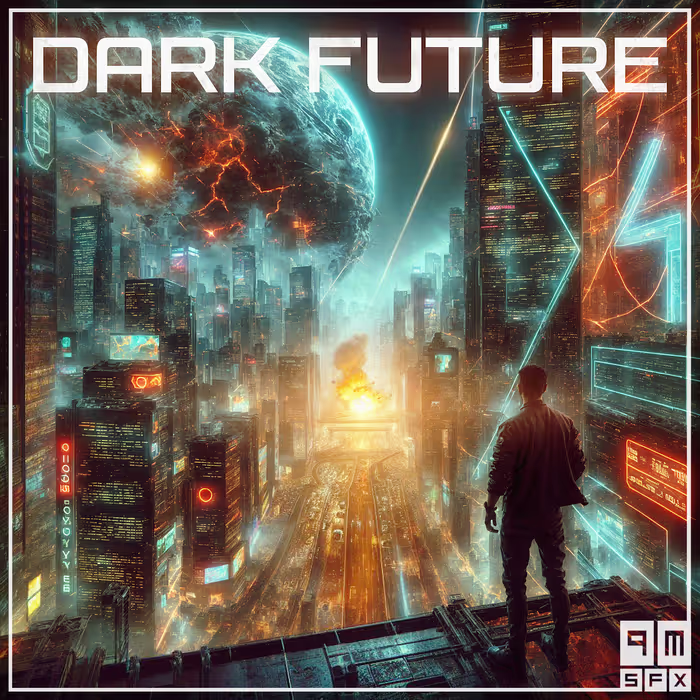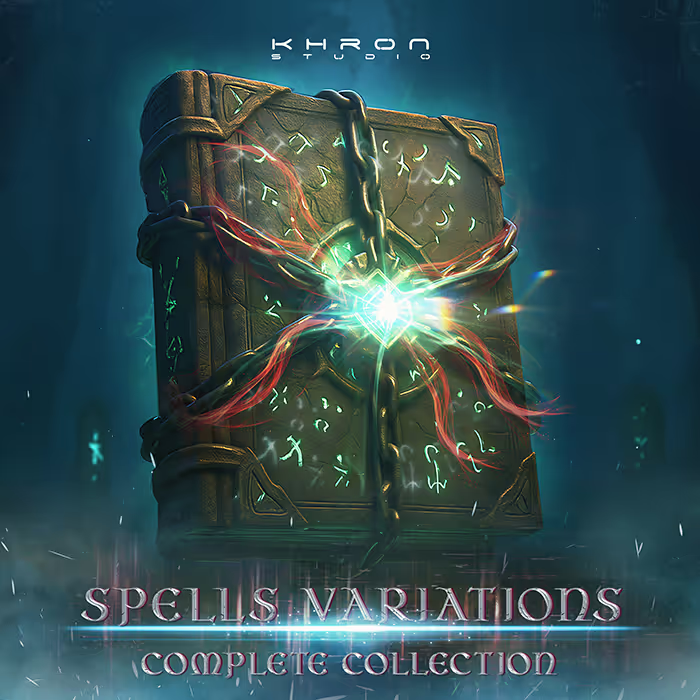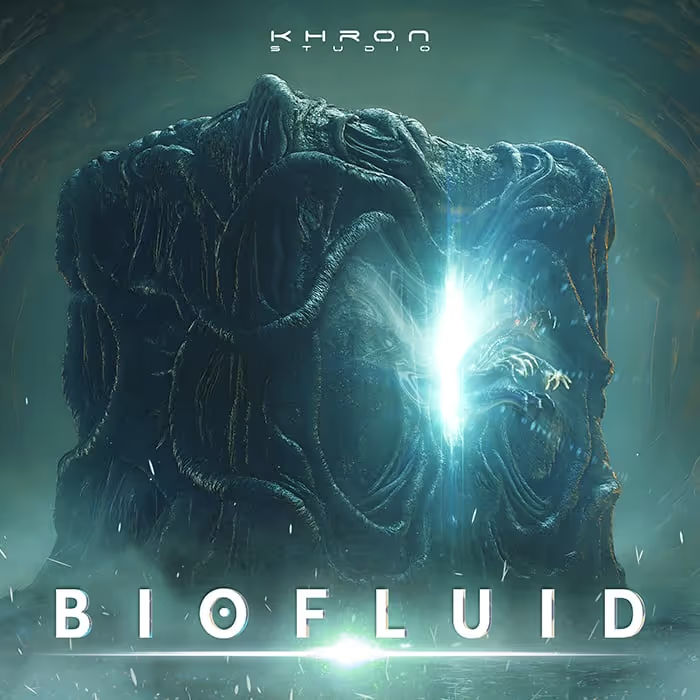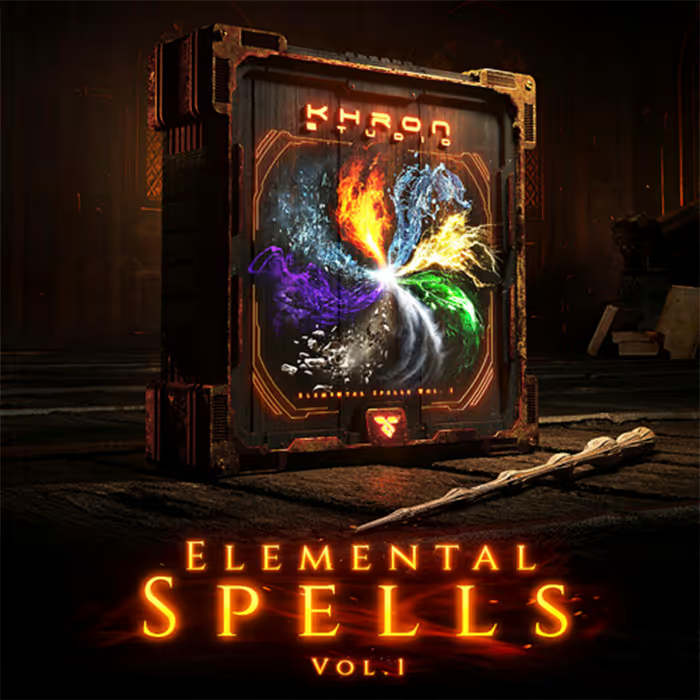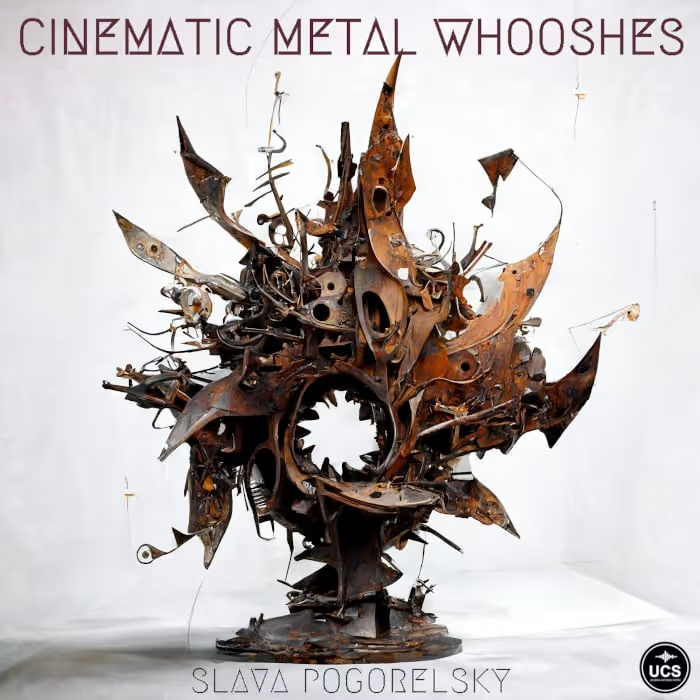Bonus: We've also included a special audio interview with Richard King on Tenet's sound, a feature on the Tenet score with composer Ludwig Göransson (+ the full score), as well as interviews from the Soundworks Collection and Tonebenders Podcast.
Talking about the sound of director Christopher Nolan’s Tenet made for a challenging yet extremely interesting conversation with Oscar-winning supervising sound editor Richard King at Warner Bros. Sound because the time-complexities of the film required us to first describe the characters’ direction of movement through time before talking about how the sound was created. And if you’ve seen the film, you know that in certain scenes there’s a mix of time directionality. We used terms like “inverted,” “arrow of time,” and “forward-moving” to help define what’s happening with the characters and their respective sounds. But even so, it was tough at times to keep it all straight!
So what were the defining parameters of an inverted sound? How would a backward moving object sound in a forward-moving world?
Here, King (who along with his effects editing and foley teams were recently nominated for an MPSE award for their work on Tenet) answers those questions and he also talks about creating a believable reality by using ambience captured in the film’s different locations, to make the audience buy into this world and the story.
TENET – Final Trailer
Wow, Tenet was a heady film. They just legalized marijuana here in New Jersey. And I wish that had happened before I saw this film!
Richard King (RK): Yeah, I don’t know if that would have helped. Psychedelics would have been better.
It’s funny that the movie has a lot of basis in theoretical science. Chris [Nolan] did go to great lengths to run the physics of the story by people who know about such things.
And while there is obviously a lot of invention, we really try to not just put in sounds because they sounded cool or weird, but to think about the physics of an inverted sound and what that might sound like in our forward world.
And it did give us a framework to work in, I think, rather than just make it a sonic free-for-all. It gave us a direction and a structure in which to think about what sounds to use.
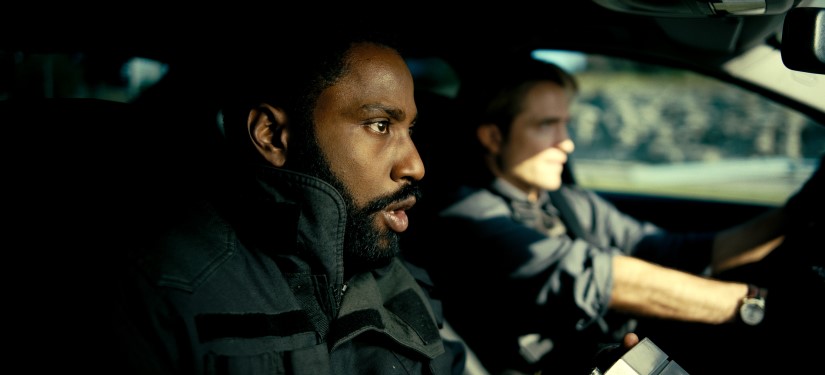
So how did you discover this process of what these inverted sounds should be? Or, what were the rules that governed how the inverted sounds are handled?
RK: We dealt with them really as forward sounds that were manipulated to sound reversed.
For instance, foley sounds were done in such a way that they were recorded in forward motion. We tried in one of the fights to record the foley both directions. We inverted the image so the foley walkers could walk the inverted character, and then they walked the non-inverted character and we put them together, but the reverse sounds just sounded silly, like a cheap audio trick that is very recognizable as a backward sound. It didn’t seem like we would hear backward sounds in our non-inverted world. We would hear a forward version of whatever was happening with the inverted car or gunshot.
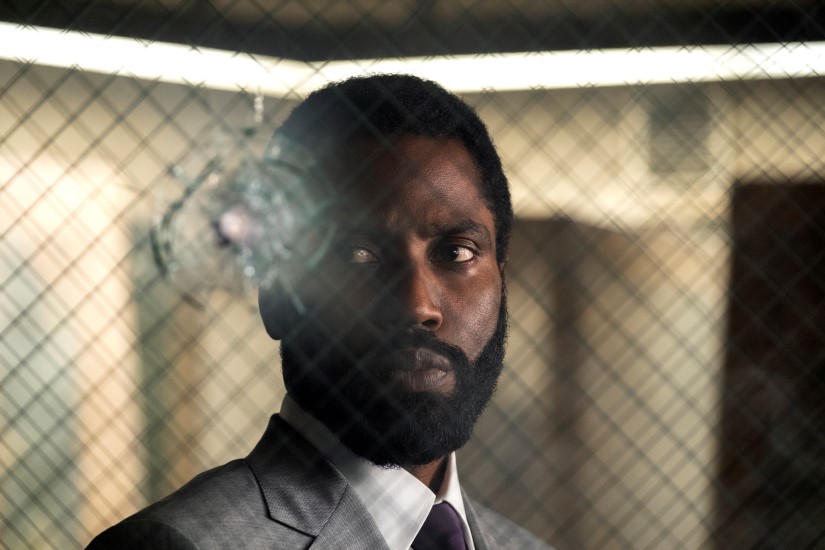
That’s one thing I noticed about the sounds; they didn’t just sound like you reversed everything. Also, when you just simply reverse a sound, sometimes it doesn’t sound the way you want it to, or it actually just sounds like a forward-motion sound. So I was very interested to figure out how you handled these inverted sounds…
RK: We had to come up with some other formula because, for instance, a backward gunshot has no impact, no transient. So it’s not impressive at all. Or it doesn’t sound like a gun. It’s just a decayed sound that then rises to a crescendo briefly and then stops. So that didn’t work. We tried approaching it as if the sound that an inverted object or action makes is affected by our forward-moving physics.
…a backward gunshot has no impact, no transient. So it’s not impressive at all.
In other words, it’s recognizing whose point of view we’re in and applying the physics of that point of view to what we hear. So when the protagonist, for instance, is inverted and walks out of the warehouse under the dock and gets in the car every sound that he hears is twisted.
Get the inside-story behind the the sound for both Tenet and Wonder Woman 1984, in this special A Sound Effect podcast episode featuring two interviews with legendary Oscar-winning supervising sound editor and sound designer Richard King. Richard King is joined by Emmy-winning sound designer Jimmy Boyle for the Wonder Woman 1984 sound story. Interviews by Jennifer Walden, hosted by Asbjoern Andersen and Christian Hagelskjaer.
0:00 Introduction and new independent sound effects
03:27 Richard King on the sound of Tenet.
26:21 Richard King & Jimmy Boyle on the sound of Wonder Woman 1984. Learn more about the sound for the film here.
46:44 Greetings from our friends in the Audio Podcast Alliance
I think we all went down a rabbit hole thinking about it. It brings up all these questions: what is time? And I just found that very interesting. What is time really? And really the only thing in physics that determines a forward direction, or a direction of time (the arrow of time) is heat transference.
Heat always moves from warm to cold. It never goes in the other direction independently of outside forces. That’s why when the protagonist’s car blows up it instead freezes because his arrow of time is going in the opposite direction. But I don’t want to give the impression we were wearing lab coats and using slide rules to come up with sounds; we had a lot of fun with it and tried to make it exciting and cool and do what sound editors do. My sound effects team of Michael Mitchell, Randy Torres, Joseph Fraioli and Mark Larry all contributed a great deal, truly a group effort.
…we wanted great sounds from all those places from India and Northern Europe, and England.
And we had a huge canvas to work with. We’re in so many different countries and cities and in specific cities, not just generic European or Northern European cities, but specific places. And we wanted great sounds from all those places from India and Northern Europe, and England. I had friends all over the world who contributed sounds, who recorded for me —recorded locally.
It was a wonderful project. Great fun to work on.
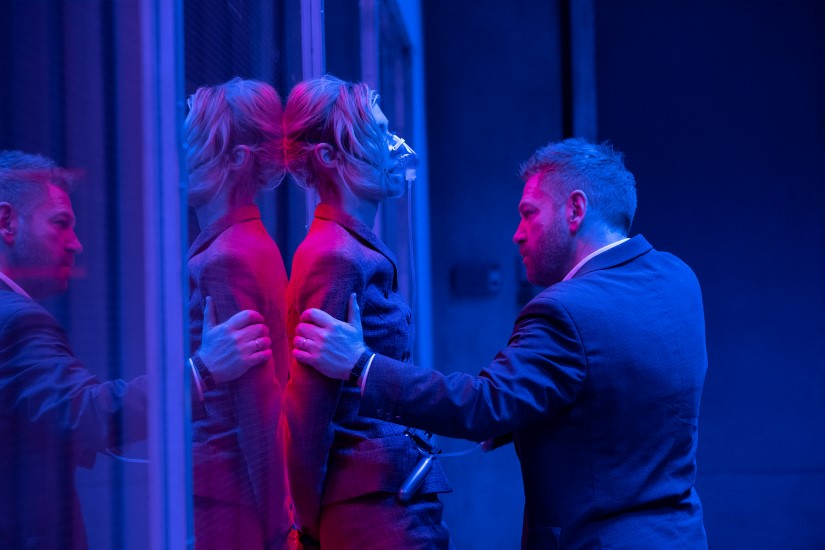
You and director Nolan have done seven films together now and I believe three of them won Oscars for the sound work. Obviously, there’s a lot of trust in your relationship. So when you sat down to talk about the sound of Tenet, did he have a specific plan of attack for you? Did he want you to start with world-building in reality, or did he want you to hop right to the inverted sounds and figure out what that was going to be?
RK: We never really sat down and talked about it. We had a couple of brief conversations before he started shooting and he shared his thoughts at the time. Then when I started getting cut scenes about the time they finished shooting, I just waded into it. I just worked on whatever I got and would send it to the picture department. Then Chris [Nolan] would give me notes, which is how we’ve generally worked. I just start and send him sounds.
Rather than discuss things in any theoretical manner or philosophical manner… I just started.
Rather than discuss things in any theoretical manner or philosophical manner, or trying to think of rules that apply to the movie, I just started. And then if I went down the wrong path, Chris would let me know. And if I was on the right path, I wouldn’t hear anything back!
It’s a good way to work, I think, because he wants the best from the people he hires. He doesn’t want us to sit around and wait to be told what to do. He wants the best ideas and from those ideas, he selects the ideas that he likes. He’s very involved every step of the way. Chris is ultimately the sound designer of his films.
[Dir. Nolan] doesn’t want us to sit around and wait to be told what to do.
But I definitely started working on the inverted sounds early just to try to wrap my head around what they would ultimately be like.
And, of course, we tried the reversed-sound route. Like I said before, that was quite a long evolution and some of the specific sounds we were still working on right up until the end to try to get something different, like with the explosions. We were really trying to find some other feeling that we could squeeze out of the sound.
It was an exciting process because there are no rules to follow and you’re really just going on gut instinct. Luckily, we had a good length of time to mix. We had time to live with our ideas and we could better refine what was working and what wasn’t working. We had several temp mixes prior to the final, and the track evolved. I think by the end of the mix we had explored every path that any of us could think of.
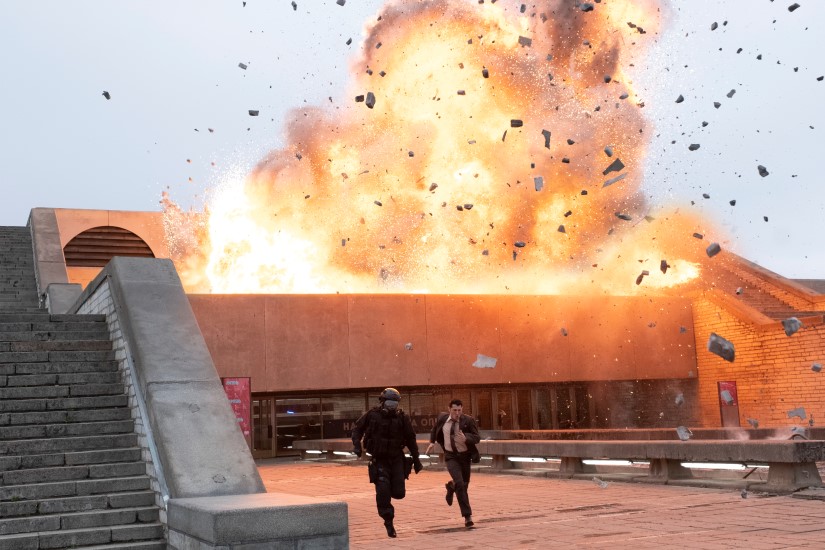
It feels like you must’ve done a lot of custom recordings for this film. You can’t really go into a library and look up a sound for a car driving inverted, or inverted gunshots. I know you were working during the pandemic, but were you able to go out and do custom recordings? Besides the foley, were you able to go out and record things?
RK: We recorded the vehicles in the car chases, some weapons, and a thousand oddball things.
Our DIA/ADR supervisor Dave Bach recorded all of the group outside, which sounded so great. We did most of our sound effects and group recording before the COVID lockdown, which was very fortunate, looking back.
As I said, friends did a lot of recording for us overseas. Eilam Hoffman recorded the F50 foiling catamarans off the Isle of Wight while they were shooting the sequence.
Eilam Hoffman recorded the F50 foiling catamarans off the Isle of Wight while they were shooting the sequence.
It wasn’t like we had to invent reels and reels of inverted sounds. It was a lot of practical, nuts-and-bolts sound editing, where you try to define and make clear every environment you’re in, every locale.
There’s a couple of scenes on Sator’s yacht, where we’re in a lower-deck machinery space where there might be generators or other equipment running, bow thrusters you’d hear through the hull and whatnot. You’re in a machinery space and you really want to hear that sound, or you wanted that feeling rather. You want to almost smell the hot oil and hear metal plates rattling a little bit as the machinery is running. We really tried to make tangible in a multi-sense kind of way, if possible through sound, every locale, every city, every town, every situation the characters found themselves in, which is basic sound-editing and what I think all of us try to do.
Rolling Stone has posted this interesting interview with composer Ludwig Göransson – on Tenet and working with Christopher Nolan:
But it really started to become clearer to me, in my experience with sound, that when I hear something oftentimes it’ll bring up a smell memory or a sight memory or some other thing that’s associated with that sound. And if you find the right combinations of sounds, it really can make an illusion of a three-dimensional world with the feeling of wind on your cheek or the feeling of a slippery metal floor or the feeling of being on a busy city street in the spring.
…if you find the right combinations of sounds, it really can make an illusion of a three-dimensional world
We all just worked until we felt like every sequence, every shot, had a purpose. It had a sound that represented that shot. And as I said, it’s a huge canvas so we had a lot of environments to play with, and we’re never in any place long enough to get tired of it. The movie is so quickly paced that it always felt like we were jumping to another continent within a few minutes.
Yeah, it was an exciting project to work on and overlapped into the COVID lockdown by three months, so we were able to sort out different ways of working and had to come up with different strategies for getting the temp mixes done.
We had to get the project finished and I don’t think we missed a beat. By early March, it was becoming pretty evident that L.A. was likely to be locked down. And Andrew Bach, who has worked with me for 20 years, worked with Warner Bros. engineering to come up with a work from home solution. We only worked at home for 5 weeks before we returned to WB for the final mix under strict safety protocols.

In one sequence early in the film, they break into the Freeport storage building. They crashed that big jet into it. And then later in the film, they come back to that same place during that same event, but we see it from the inverted perspective. What were some of your challenges in revisiting that sequence and playing it from the inverted perspective?
RK: The sequences do portray the same events, but the viewer’s POV isn’t always the same so different stuff is happening. The hallway fight is the exception and since visually it’s different — camera angles, editing rhythm and such — we treated each separately.
[tweet_box]Richard King on Inventing Inverted Sounds for ‘Tenet'[/tweet_box]
There’s so much potential for chaos in those forward-running, inverted moments, like at the end when they go to the Hypocenter. You have non-inverted and inverted people in one space and things are happening in the same event on a different sort of timetable, or timeline…
I don’t know how to describe it!
RK: Chris is brilliant to imagine all of that and shoot pretty much all of it practically. I really hope that now that it’s opening in theaters again in NY and L.A. more people will get to see it. We were presented with a Swiss watch of a movie when we started and really had a blast working on it.
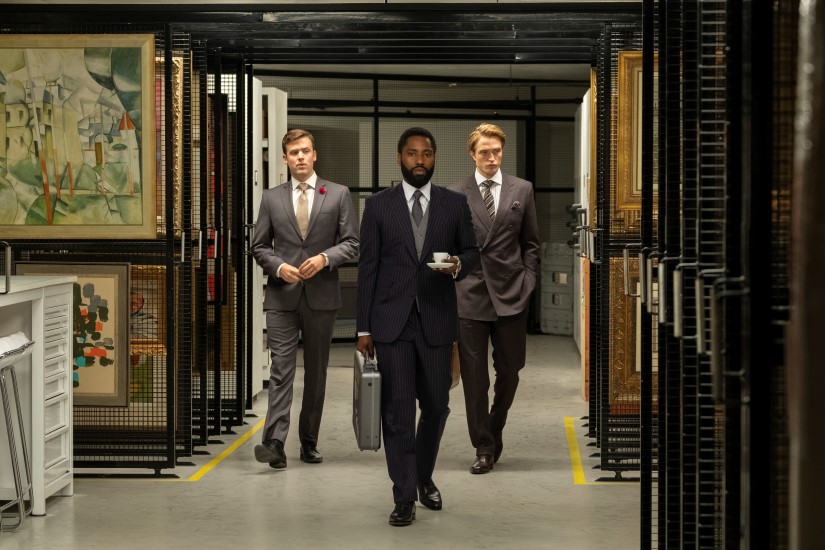
What was your most challenging sequence for sound? There are so many really interesting opportunities here for sound design. Did you have a favorite one or a most challenging one? And what went into it?
RK: The jet sequence was challenging. For the jet crash into the building, we didn’t want it to be too overwhelmingly loud or oppressive. And we wanted to get some music in there too. So we had to figure out what logical plan we might apply to allow us to make it seem exciting without making it be overbearing.
Ludwig Göransson, the composer, came up with a wonderfully clever variation on the score for the inverted scenes.
The end battle at the Hypocenter was quite challenging because of all the multiple inverted and non-inverted events that were happening, sometimes simultaneously. We tried to exaggerate the opposing POV’s sonically. We would try to use crazier inverted bullet rico’s or gunshots or bullet hits just to make that difference more apparent.
Also, Ludwig Göransson, the composer, came up with a wonderfully clever variation on the score for the inverted scenes.
There are lots of sonic hints throughout that sequence highlighting which direction we’re meant to be following in that moment. That was a very complicated sequence.
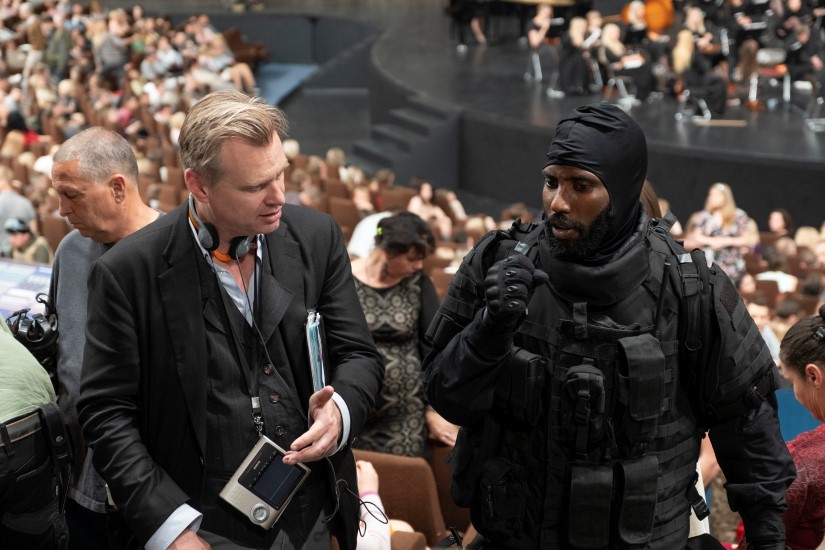
During that battle, the music cues really helped me as an audience member to understand that the helicopters are landing and they’re inverted at that moment. The music was definitely a key ingredient there…
RK: Ludwig killed it; his score is awesome.
The prologue was another scene — the opening opera house sequence — that was complicated in that we worked on it for quite a long time. That was the first scene we worked on, completing it in December 2019 for release as essentially a long trailer that Christmas. So we worked on the prologue for quite a while and then worked on it some more once we began the feature. They added some shots so it wasn’t quite the same. So we tweaked our sound.
Every scene had its own challenges. I’m trying to think of a simple scene that was challenging. Well, the torture scene in the train yard was something that we worked on for a long time to try to find the sound of pain, and creaky freight trains kind of fill that bill. They scream, they moan, they groan and make some very emotional sounds. Eric Potter did some wonderful train recordings for us.
My friend Vijay Rathinam did a lot of recording for me in India…
And then we get into India and we really wanted to make that as lively and as tangible a place as we could. The Indian recordings were fabulous. My friend Vijay Rathinam did a lot of recording for me in India for those scenes. The film was a real sonic feast; it was so much fun for somebody who loves sound to work on.
For principal dialogue, we almost strictly used production sound. Chris likes production sound, the noise of the world which we’re never without. And so we always had the production track on just to add a center channel grounded-ness and we looped just a handful of lines. Gary Rizzo did an amazing job with the dialogue.
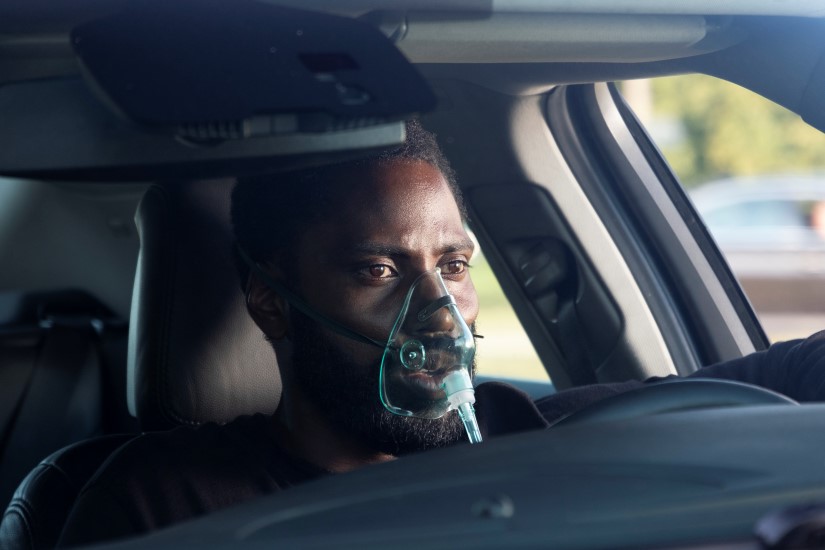
What are you most proud of in terms of sound on Tenet?
RK: There’s not one specific thing. I love the whole track of the film. And to me, it’s all of a piece. I’m proud of the whole thing. I’m proud of any given moment. I feel like we worked it as hard as we could and literally tried every idea that we could think of and come up with. And I’m just tremendously proud of the entire film, beginning to end, and so happy and thankful that I got to work on it.
A big thanks to Richard King for giving us a behind-the-scenes look at the sound of Tenet and to Jennifer Walden for the interview!

